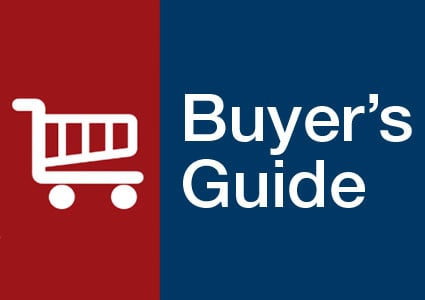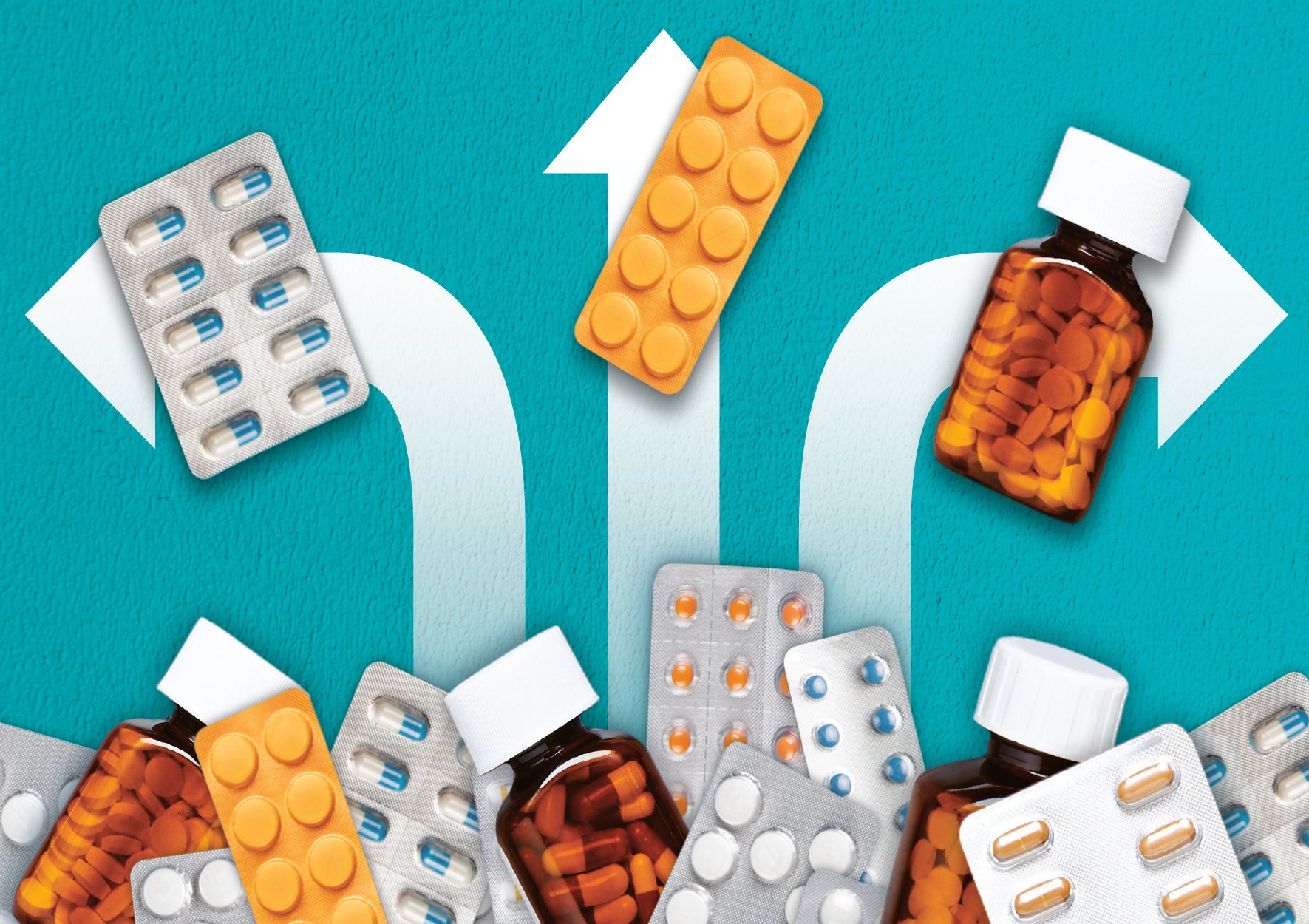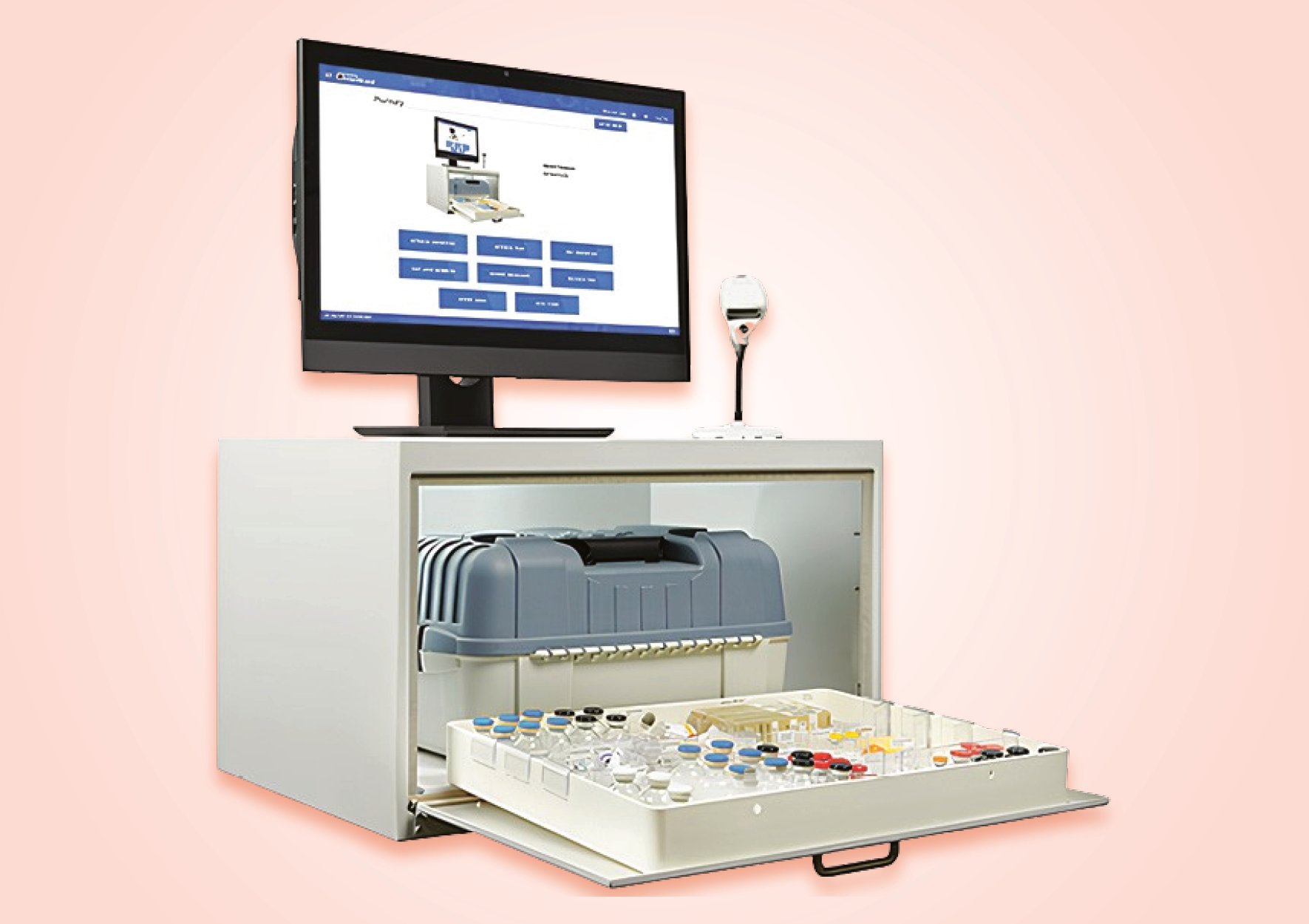- Show Menu
- Contact Us
- FAQs
- Reader Service
- Survey Data
- Survey Winners
- Testimonials
- Upcoming Events
- Webinars
- White Papers
Why Didn't I Think of That . . . ?
A Sterile Products Training Program: Focusing on Comprehension, Compliance, Consistency, and Communication
THE PHARMACY DEPARTMENT AT HOLY Spirit Hospital, a 350-bed community hospital, was determined to improve the training of our sterile products staff. Our sterile products training program was once described as “trial by fire.” Staff members were often trained by the IV room technician-of-the-day, the training was inconsistent, and pharmacist supervision was arbitrary. Simply put, the methodology was missing. We sought to create a training program for all pharmacy staff members and to provide comprehensive learning modules tailored to various levels of learning.
A training manual, a detailed evaluation process, and a dedicated sterile products training team (three pharmacists and one technician) were established. In our new process, pre-training assessments are conducted with each trainee, and instruction is conducted over 10 eight-hour periods and broken into distinct modules. Each module includes discussion of a skill, instructor demonstration, trainee application, and trainee mastery of the skill. Demonstrated mastery of a skill is confirmed prior to the introduction of the next skill, and the trainee’s progress is assessed at the end of each 40 hours of training and documented on our sterile products training checklist (See illustration). Upon completion of 80 hours of one-on-one training, the trainee begins an additional 80 hours of supervised, independent work with an experienced sterile products pharmacist and technician.
A key element of the program is our detailed evaluation process. Pre-assessment tools include a portion of the ASHP Technician PreEmployment Test, focusing on abbreviations, nomenclature, and calculations, and the selfassessment questions from the 1994 ASHP video “Quality Assurance for PharmacyPrepared Sterile Products.” Weekly progress is documented with our sterile products training checklist, and upon completion of the program, our trainees are required to pass a calculations quiz. We also observe the deductive-reasoning and multitasking abilities of a trainee by noting if he or she is able to prioritize workflow as new orders are processed and if he or she is able to assess what resources (time and supplies) are required to complete an order. Trainers evaluate subjective areas in their weekly meetings.
Upon completion of four weeks’ training, the trainee is identified as “certified to work IV room,” “not certified to work IV room,” or “not certified, see recommendations,” indicating that additional training time is required and a plan for that training is attached to the checklist.
When training, we focus on the trainee’s comprehension of a task. We expect all staff to understand how to prepare various types of products, including mini-bags, large-volume parenterals, syringes, and serial dilutions required for neonatal preparations. We emphasize the message: “If you don’t know, ask!” Compliance with established policies and procedures, mixing instructions, and workflow requirements is essential; staff members who do not adhere to our established practices jeopardize sterile products production. As such, the same process must be done the same way, every time. Because of our focus on consistency, any member of our staff—pharmacist, trainer, manager, or technician—can walk into the sterile products area and quickly assess the status of the room.
The success of our program lies in our ability to organize and communicate. The training team meets weekly to evaluate the trainees’ progress, and trainer-trainee discussions occur daily.
We are fortunate to have a sterile products area that meets USP Chapter <797> requirements and a training program for new staff. Our experienced technicians and pharmacists are reevaluated annually.
Although our management staff was initially hesitant to dedicate the time we requested for training, our first trainee validated our efforts. The day after earning her eligibility, she was able to independently staff our sterile products area with confidence, meeting all of our expectations. Furthermore, our program satisfied JCAHO during our October 2004 survey.
Julia A. Gregoire, RPh, Staff Pharmacist Marcia F. Cohen, RPh, Staff Pharmacist Holy Spirit Hospital, Camp Hill, Pennsylvania
Like what you've read? Please log in or create a free account to enjoy more of what www.pppmag.com has to offer.








